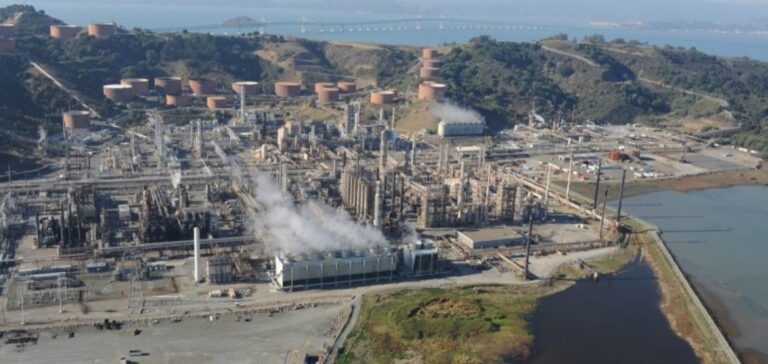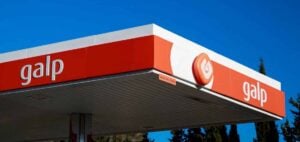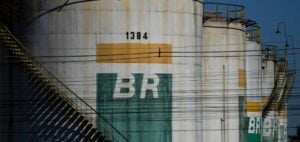Chevron has agreed to pay $550 million to the city of Richmond, California, to avoid a tax specifically targeting its refinery.
This agreement, spread over a decade, enables Chevron to secure its operations while meeting the city’s financial requirements.
Richmond had originally planned to put a tax on the refinery, which processes around 250,000 barrels of crude a day, to the vote.
The facility is crucial to the region’s energy supply, but is also prompting growing demands for contributions to local finances.
Implications of the agreement for Chevron and Richmond
The planned payment of $550 million, starting in July 2025 and extending to June 2035, represents a negotiated solution that avoids a public confrontation and potential referendum.
This agreement demonstrates Chevron ‘s willingness to maintain stable relations with local authorities, while continuing to play an essential role in the regional economy.
For Richmond, these funds will help finance infrastructure projects and improve public services, without the legal and administrative complications that a new tax would have entailed.
Regulatory context and strategic challenges
In a context of increasing pressure on energy companies to contribute more to local finances, this agreement could serve as a precedent.
Other municipalities in the United States could draw on this example to negotiate with companies in the sector, seeking a balance between fiscal needs and continuity of industrial operations.
For Chevron, this agreement secures its activities while avoiding a tax that could have affected its operating costs and, consequently, energy prices for consumers in the region.





















